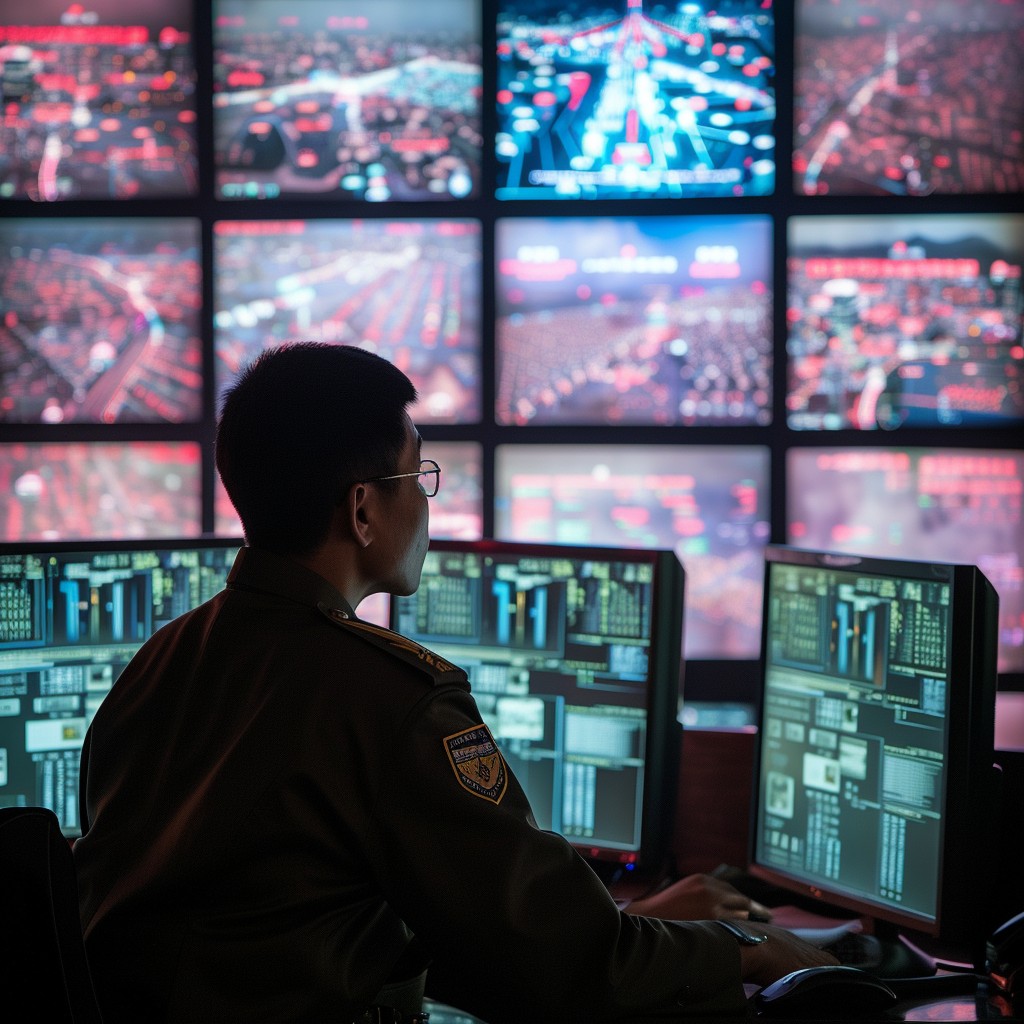In a recent study reported by Reuters, it has come to light that North Korean scientists are actively exploring the application of artificial intelligence (AI) for surveillance and military purposes.
Despite international sanctions restricting their access to hardware necessary for AI systems, North Korea’s relentless pursuit of this technology has raised concerns among experts and authorities.
Sanctions challenge North Korea’s AI ambitions
According to Hyuk Kim, a researcher at the James Martin Center for Nonproliferation Studies in California, North Korea’s AI technology quest persists despite sanctions limiting its access to hardware components.
The focus on AI and machine learning, being primarily software-centric, enables the country to seek these capabilities through intangible means. Kim emphasized the importance of monitoring such activities and implementing measures to mitigate potential sanctions risks within academic and private sectors.
South Korea faces increasing cyber threats
The South Korean state intelligence agency has also sounded the alarm regarding North Korean hackers’ use of generative AI for cyber warfare and other illicit activities. Recent findings reveal a staggering 1.62 million daily hacking attempts in South Korea’s public sector last year, with North Korea accounting for 80 percent of the total cyberattacks. This escalation in cyber threats has prompted concerns about the use of AI in the context of warfare.
North Korea’s pursuit of AI in wargaming
One of the most concerning aspects of North Korea’s AI endeavors is its intention to gain an edge on the battlefield. The report suggests North Korea is developing a wargaming simulation program using machine learning.
This program aims to enhance the country’s understanding of operational environments in potential conflict scenarios. Furthermore, North Korea’s ongoing collaborations with foreign scholars have raised concerns within the international sanctions regime.
International response and precautions
In response to these developments, Hyuk Kim proposes that national authorities take proactive measures by engaging with cloud computing service providers and academic/professional associations.
The ease with which state actors can acquire new AI resources and knowledge, especially through technologies like cloud computing services, poses a significant challenge for international security.
The threat of knowledge leakage
As highlighted by The Register, North Korea has already demonstrated its willingness to send IT operatives abroad under the guise of remote workers to infiltrate foreign companies. This raises concerns about the potential leakage of sensitive AI-related knowledge across borders, further emphasizing the urgency for international action.





